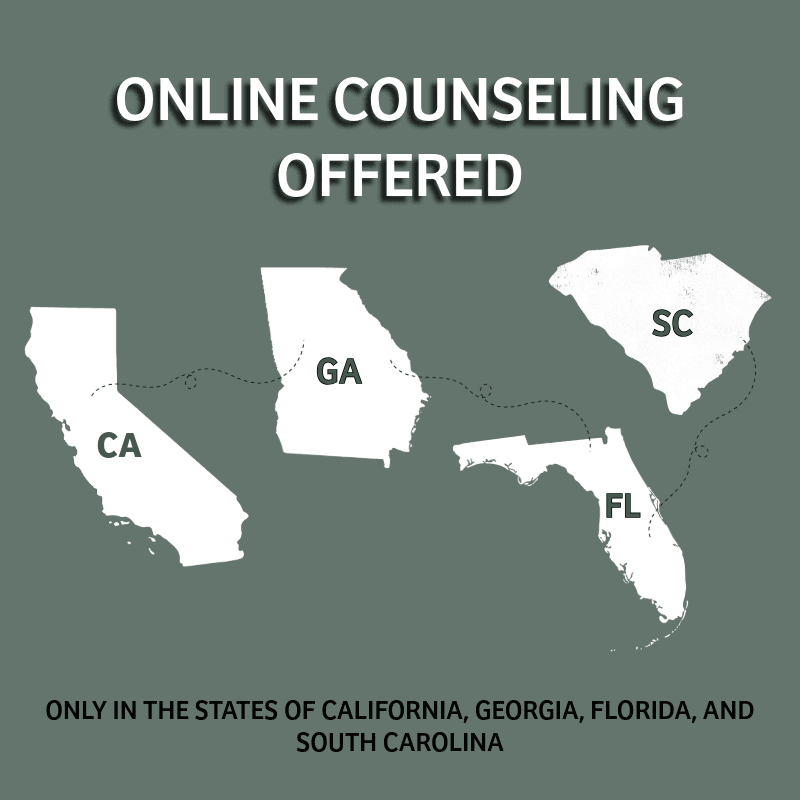By Ginny Vose, Counseling Intern with JCAC
As a young teacher, I worked with a wonderful Pastor who was committed to serving those members of society that serve the community. I watched as he taught us all to stop and pray each time we heard a siren go past the school. He urged us to pray for, not only the victim, but the first responders who were rushing to the scene to help. This behavior became a habit for me that remains to this day.
Before I say anything about this subject, please let me share that all of you who are on the frontlines, fighting the war against Covid-19 and to all those who run toward danger, please know that you have my heartfelt thanks. You are always in my heart and in my prayers. However, for just a few minutes, I want you to take a break and consider how well you are doing personally in all of this. I am sure that you might feel that you cannot think about yourself, but if you do not take care of yourself right now, there is no way that you will be able to continue to take care of others. Here is a list of some things that you can do to take care of yourself while taking care of others.
What is Vicarious Trauma?
Vicarious Trauma is the negative changes that happen to workers when they are working with those who are suffering or are in need. It is not something that happens right away, but it happens over time. It happens when you care for people and feel committed and responsible for caring for their needs. Without proper self care, compassion fatigue can lead to changes in physical, mental, and spiritual well-being. Vicarious trauma does not happen in response to simply caring for one patient, but evolves over time while coming into contact with those who are victims. It happens because you empathize with those who are hurting and because you are committed to helping those who are suffering.
What are the symptoms of vicarious trauma?
Difficulty managing emotions;
Feeling emotionally numb or shut down;
Fatigue, sleepiness, or difficulty falling asleep;
Physical problems or complaints, such as aches, pains, and decreased resistance to illness;
Being easily distracted, which can increase one’s risk of accidents;
Loss of a sense of meaning in life and/or feeling hopeless about the future;
Relationship problems (e.g., withdrawing from friends and family, increased interpersonal conflicts, avoiding intimacy);
Feeling vulnerable or worrying excessively about potential dangers in the world and loved ones’ safety;
Increased irritability; aggressive, explosive, or violent outbursts and behavior;
Destructive coping or addictive behaviors (e.g., over/under eating, substance abuse, gambling, taking undue risks in sports or driving);
Lack of or decreased participation in activities that used to be enjoyable;
Avoiding work and interactions with clients or constituents
How to Manage Vicarious Trauma
1) Make sure that you put up a boundary between your work environment and your home. Your home needs to be a place where you get away from what is happening at the hospital, the fire station, the police department, or any other place where you might work. While you are home, remind yourself that someone else is taking care of your patients and has them safely in their care.
2) Escape - Get away from everything through the pages of a book or on screen with a movie. Read or watch something funny. Laughing can help to lower blood pressure, release endorphins, and lift your mood.
3) Rest- Make sure to get adequate sleep, but also spend time doing things that you enjoy- painting, playing an instrument, sipping a cup of tea or coffee, or lying in a hammock while watching the clouds go by.
4) Play- Take a drive in the car, engage in your favorite hobby, play with your children, take the dog for a walk, go for a swim, or anything else that has nothing to do with your work.
If you find that you are experiencing the effects of vicarious trauma, it may be time to talk with someone. The counselors at Johns Creek and Alpharetta Counseling are committed to walking with you through this crisis. Right now, we are offering free counseling to first responders, fire fighters, and medical personnel. We would consider it a privilege to walk with you.
JCAC is offering No- Cost Counseling services to our first responders, medical professionals, and those who have lost employment. Text “Counseling” to 404-834-2363 or Click here to get started!

Resources-
Office for Victims of Crime. Vicarious trauma toolkit. Click here
Pearlman, L. & McKay, L. Understanding and addressing vicarious trauma. Click here





